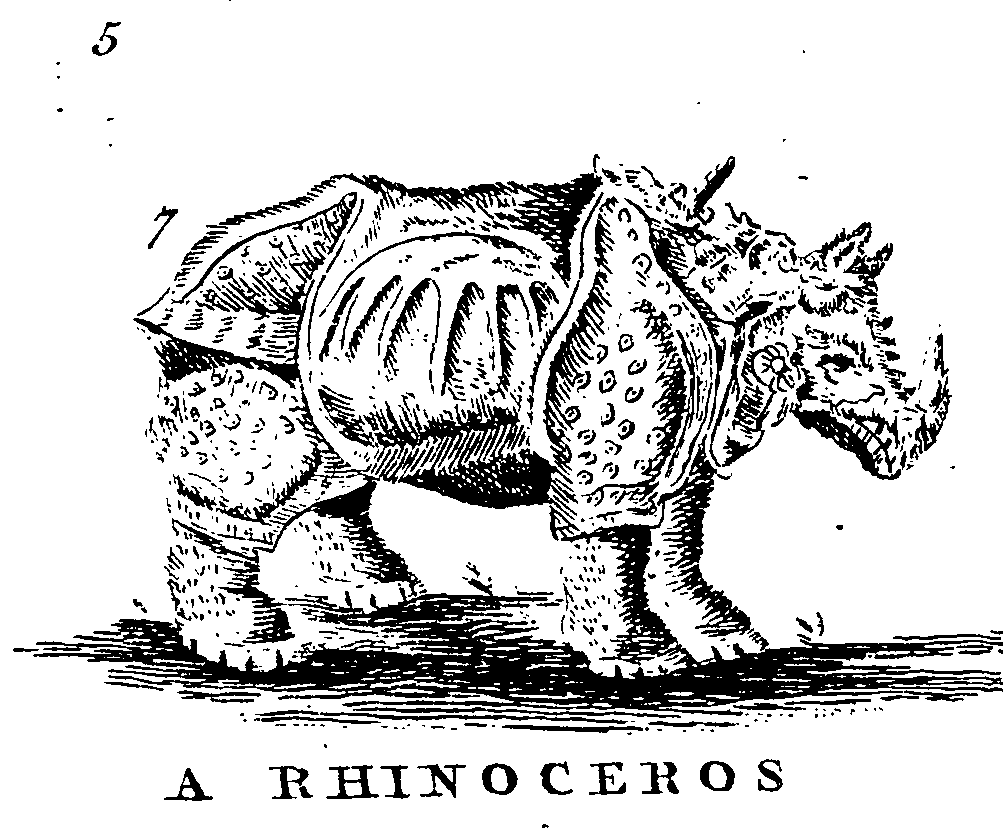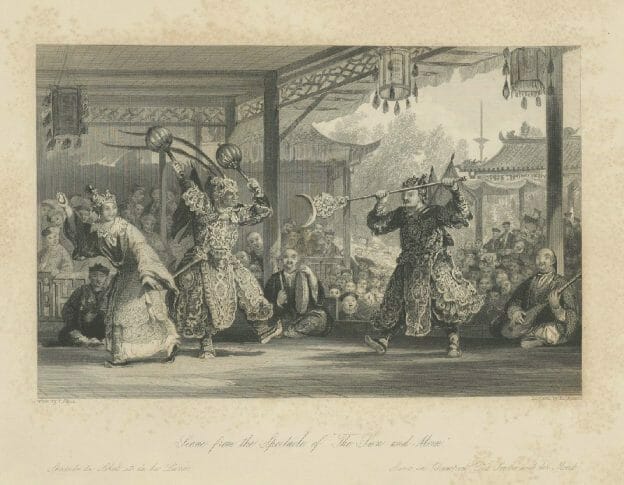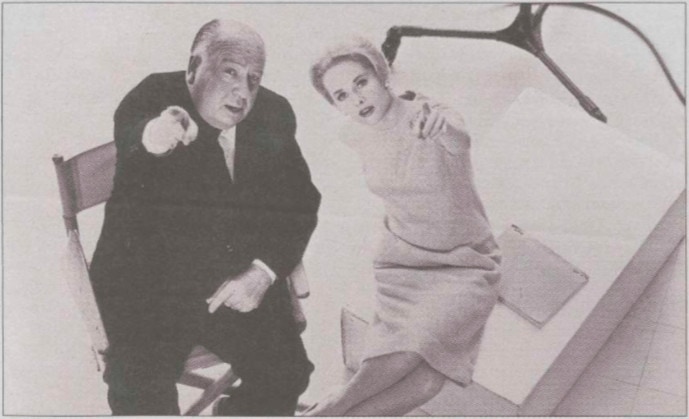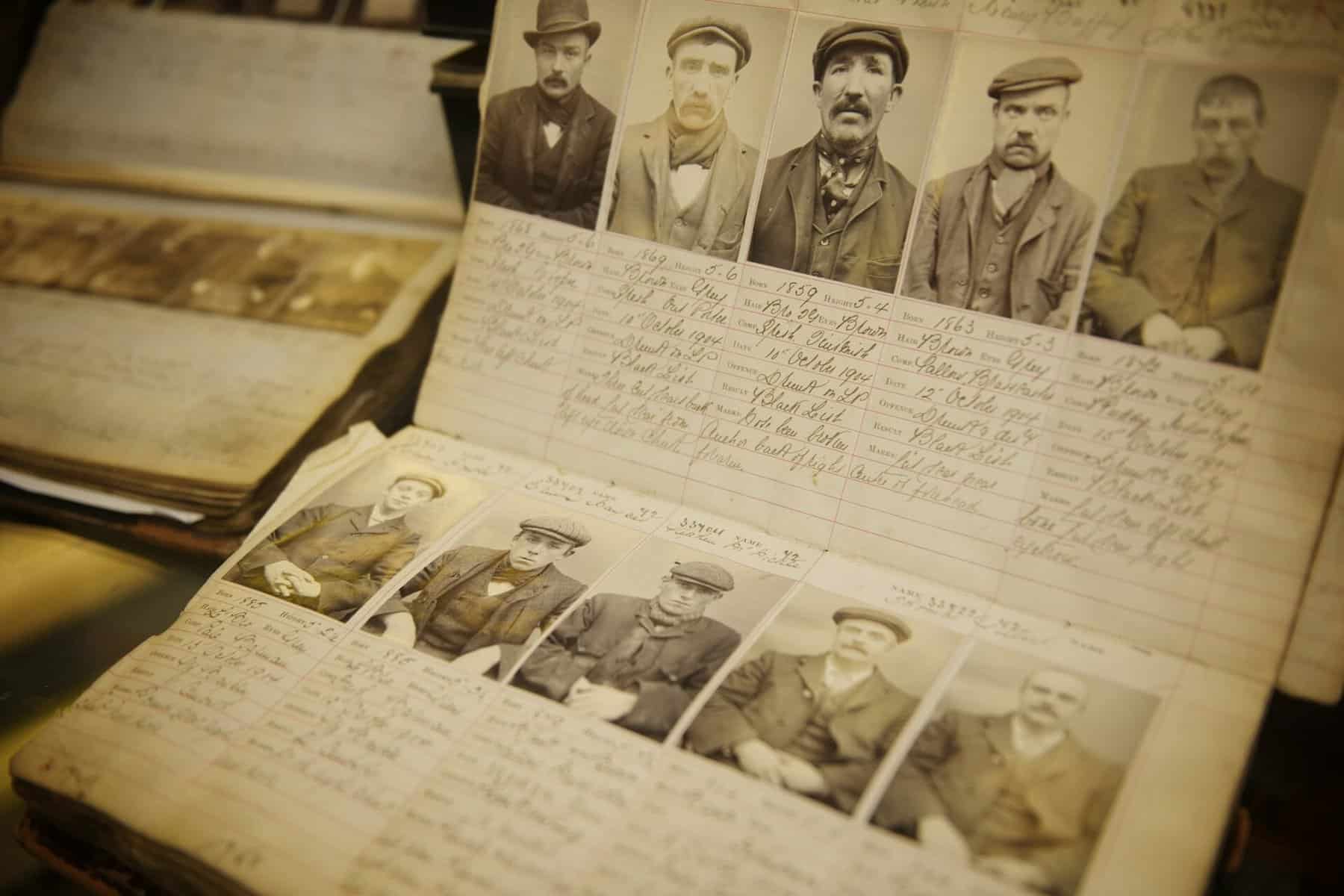By Daniel Mercieca, Gale Ambassador at Durham University
Since the March 2018 Facebook and Cambridge Analytica controversies, censorship and data protection have come under an intense spotlight in today’s digitised society. While we become increasingly sceptical of surveillance, and cautious of what we post online, it is important to appreciate those who have struggled to be fully seen and heard. The efforts of writers and filmmakers to overcome issues of (in)visibility have consistently featured in my study of literature at university; Elizabeth Gaskell’s serialisation in Charles Dickens’ Household Words magazine, 1850-51 (she was restricted from publishing independently because of her gender), the Brontë sisters’ use of male pseudonyms, and the 1918 posthumous publication of Gerard Manly Hopkins’s poetry due to his Jesuitical vow of obedience, are all examples of nineteenth-century censorship.
Read more






